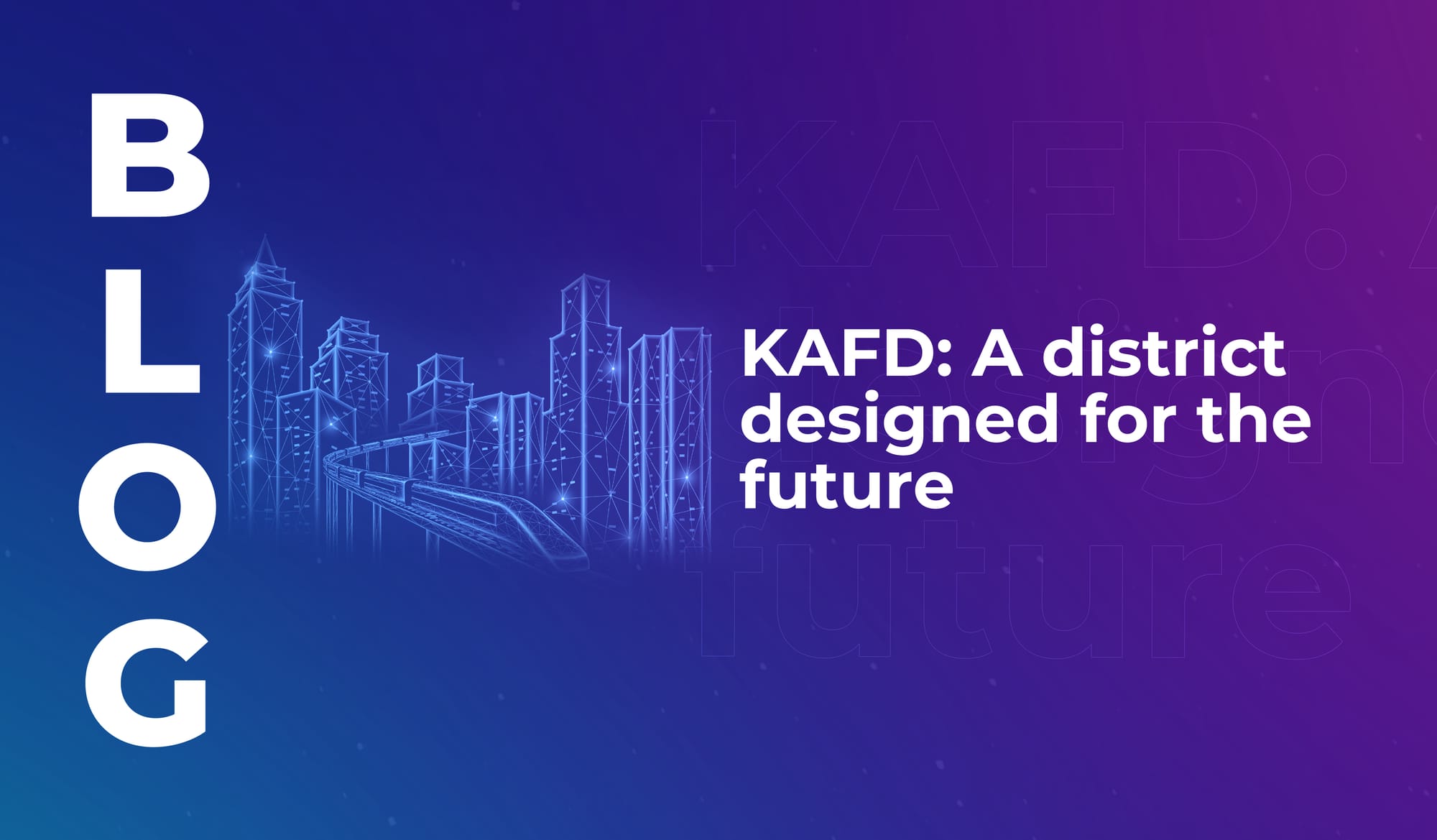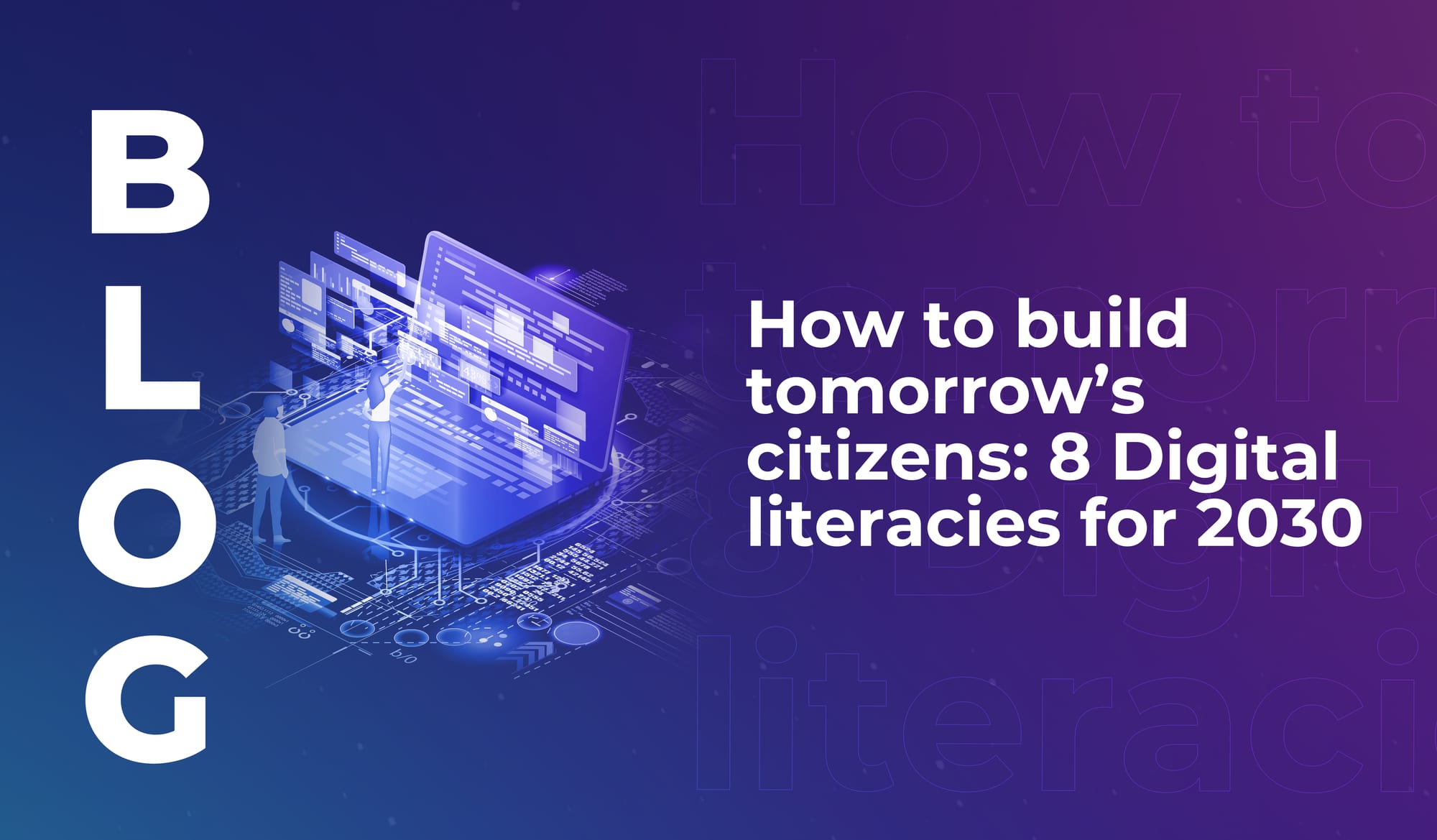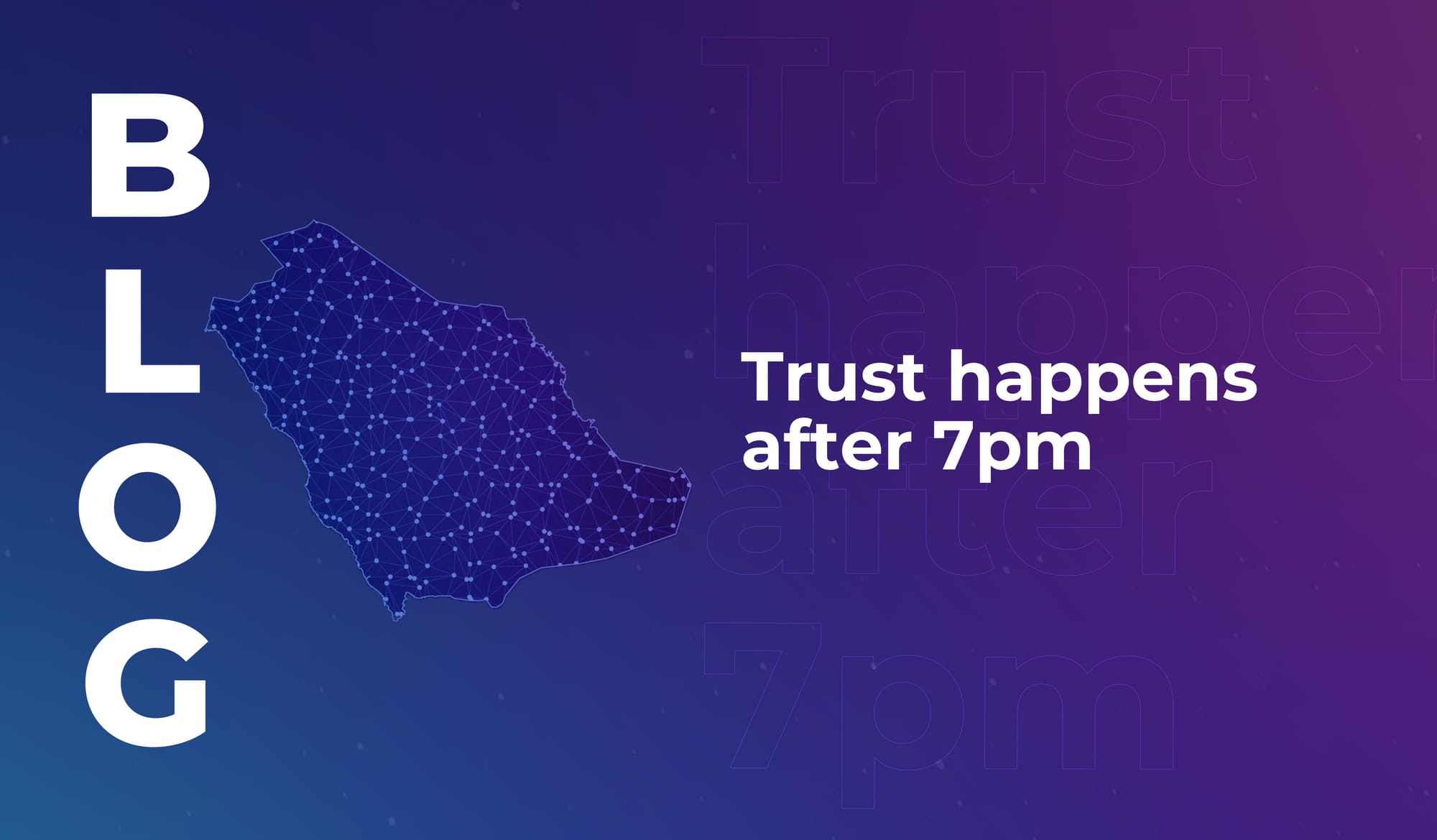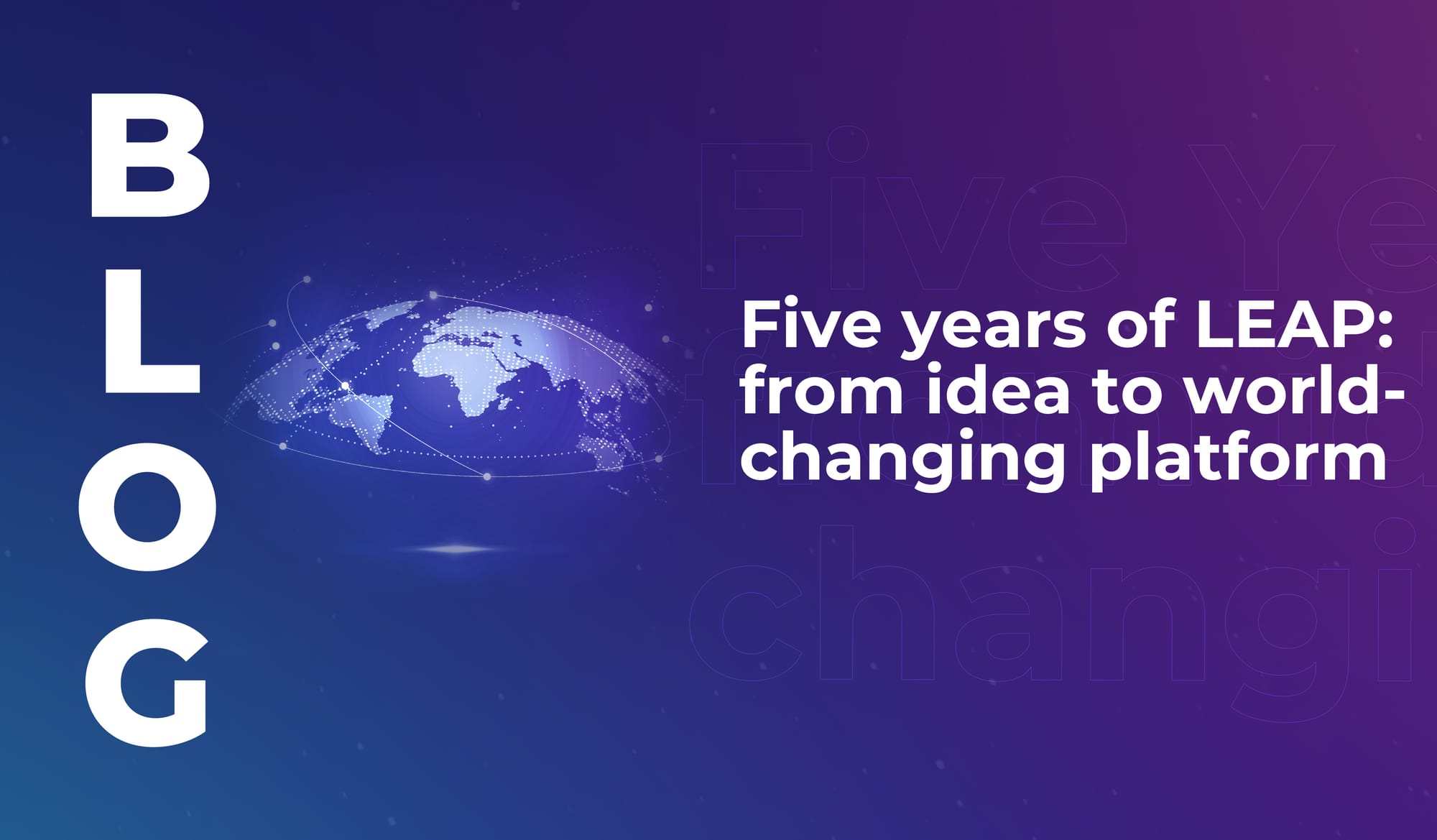
KAFD: A district designed for the future
Learn why King Abdullah Financial District (KAFD) is where capital, culture and connectivity converge in Riyadh – and join us for a LEAP Nights tour.


We’ve been spending a bit of time on Reddit lately – and it’s buzzing with speculation about the pace of technological change. In conversations about how to prepare for the future job market (and even just for future life in general), people are talking about the skills they need to learn right now.
In the subreddit r/Futurology, one user wrote:
“We are evolving at such a rapid rate technologically that it’s hard to grasp the implications. By 2030, kids will be learning skills we can’t even name today.”
This sense of acceleration is triggering conversations across tech and education. If AI tools are being adopted at breakneck speed (ChatGPT reached 100 million users in just two months, for example, while it took the telephone 75 years to do the same) then professionals and learners need to learn new things to thrive.
As Dr. Lin Zhou (SVP and Chief Information Officer at The New School) put it when we caught up with him before LEAP 2024:
“Through the utilisation of digital education platforms bolstered by comprehensive data analytics, educators can tailor educational and career pathways to suit the unique strengths and aspirations of individual students.”
And as well as the unique strengths of the students, we need to create learning opportunities that will allow those students to rise to the challenges and demands of society and tech, as everything continues to shift.
So what literacies matter most as we approach 2030? And how are experts (from data specialists to smart city builders) thinking about upskilling for the future?
Without data literacy, the digital world becomes an incomprehensible blur. Dr. Kathrin Kind-Trueller (Chief Data Scientist / AI A. Director Nordics) told us in an interview:
“Imagine, if you will, walking through a library where every book is written in a language you don't understand. That’s the world without data literacy.”
Professionals will need the ability to interpret, contextualise, and question data narratives. It’s about reading numbers critically, spotting bias, and turning raw streams into meaningful, ethical insights.
Redditors often voice fears about unchecked AI. As one poster argued:
“If we build smarter and smarter systems without moral frameworks, we might outpace our humanity.”
Ethical literacy means understanding how tech impacts human rights, freedoms, and communities. It means asking what we should build for the benefit of our species and the planet (and beyond); rather than just focusing on what’s possible for us to build, regardless of its potential impact.
Professionals across industries in 2030 will need fluency in topics like algorithmic fairness, consent, and digital justice.
Kris Libunao (Executive Director of SmartCT) pointed to the civic dimension:
“Looking ahead, one area of focus is data literacy for smart cities. We will be more actively involved in community engagement and participatory data initiatives as we believe in the power of involving local communities in data collection, analysis, and decision-making.”
Digital literacy must extend to civic participation, because people need to be equipped to contribute to platforms, consultations, and debates about the way data and tech is used – in smart cities, yes; but also across every area of social life. For professionals, this means understanding how tech and governance intertwine, and how to design systems that empower citizens.
A Redditor in the subreddit r/singularity said:
“Prompt engineering is the new literacy – if you can’t talk to AI, you’ll be digitally mute by 2030.”
AI fluency includes knowing how to prompt effectively, evaluate AI outputs, and integrate generative systems into workflows. It also means knowing the limitations of AI – because everyone needs to recognise where human judgement is still essential.
As our speakers and visitors at LEAP constantly remind us, the pace of tech development and adoption is relentless. And this means adaptability has become a literacy in itself. Professionals (and actually, all people, whether they’re at work or not) have to embrace continuous learning and imaginative application. Everyone needs to be able to craft new uses for emerging tools rather than sticking rigidly to old methods.
Misinformation is everywhere. And Reddit threads about it reflect widespread anxiety:
“What good is digital literacy if people can’t tell truth from deepfake?”
To develop critical digital literacy, people need to learn how to evaluate the sources they find online. Cross-checking evidence has to become the norm (at work and in our everyday lives), and we need to maintain a kind of intellectual humility. These are survival skills in a digital realm where AI-generated content floods our feeds.
The more connected we become, the more vulnerable we get. By 2030, digital citizens will need baseline security fluency: recognising phishing attempts, managing identity data, understanding encryption, and participating in cultures of digital safety. For professionals, this becomes less a specialist skill and more a universal requirement.
Our colleagues at Black Hat MEA talk about this a lot. If you’re ready to learn, we encourage you to start with this article about the moonwalking bear.
Yep – we’re going there. Because tech shapes relationships and communities, and has a real impact on wellbeing.
Digital empathy means recognising the human on the other side of the screen; considering accessibility in design; and building platforms that foster connection rather than division.
It means exercising your humanity in digital spaces at all times.
These literacies all recognise the two way relationship between us and the technologies we create. Because once it’s out in the world, the tech shapes us – and we have to work with it in intentional, positive ways.
As our speakers remind us over and over again, tech industry leaders are already emphasising tech literacy as a mindset of responsibility, adaptability, and inclusion.
And these eight literacies form a strong foundation for every individual to move forwards with tech in their professional and personal life. The challenge is to start cultivating these skills now – so that by 2030, you can thrive in a fast-paced world.

Learn why King Abdullah Financial District (KAFD) is where capital, culture and connectivity converge in Riyadh – and join us for a LEAP Nights tour.

How LEAP Nights gives you the opportunity to have deep conversations and build trust with the right people.

As LEAP approaches its fifth edition, this is a moment to recognise the people and partnerships that turned an idea into a platform – and to look ahead to what comes next.

Learn why King Abdullah Financial District (KAFD) is where capital, culture and connectivity converge in Riyadh – and join us for a LEAP Nights tour.

How LEAP Nights gives you the opportunity to have deep conversations and build trust with the right people.

As LEAP approaches its fifth edition, this is a moment to recognise the people and partnerships that turned an idea into a platform – and to look ahead to what comes next.